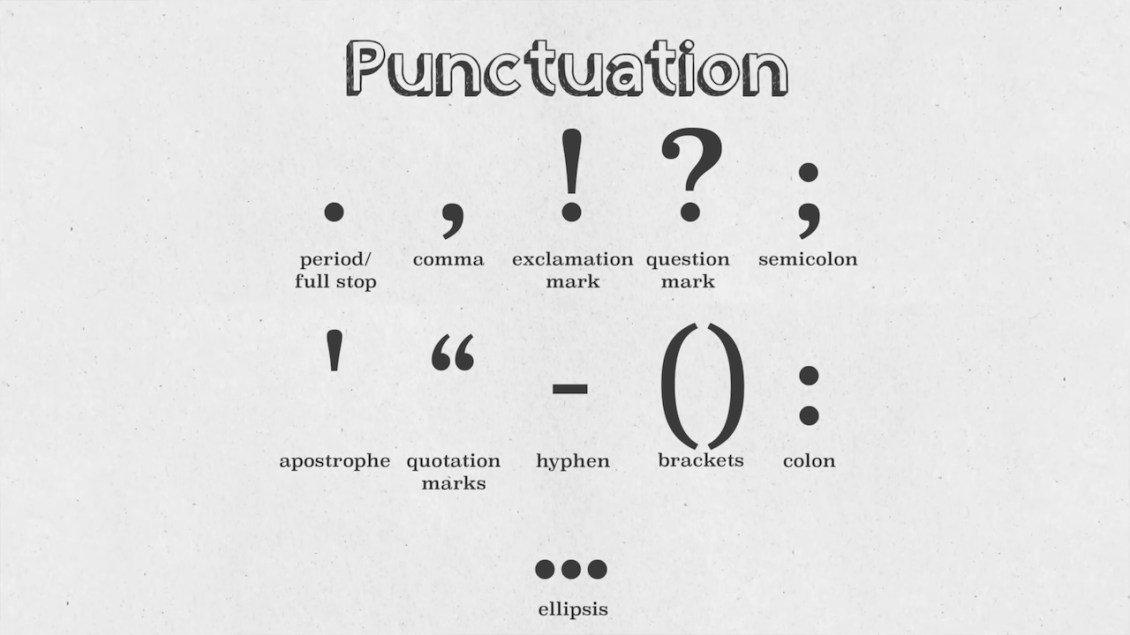The Ancient Origins Behind Punctuation
Linguist Rob Watts of RobWords looked back into the ancient past to trace exactly when punctuation was put into regular use, noting that different grammatical marks came about at different times. The period, colon, and comma, for example, were employed to make sense of the endless run-on sentences of the Greeks.
The story of our punctuation marks begins with a man called Aristophanes of Byzantium. In around the 2nd century BC, he proposed a system to solve the problem of the unreadability of Greek writing…Aristophanes put forward a system where dots would be used to mark in sentences where pauses of different lengths should occur. The middle one marked the shortest break. The bottom one, a little longer. And the top one, longer still. These were called comma, colon and periodos (period).
Punctuation was not very popular at that time and it flailed for severals centuries until religion came into play in the 6th Century.
Christian writers began to use punctuation again to help clarify their writings. They were much more keen on spreading their religion on paper than the pagan polytheists who came before them. You see, they’d written this book called the Bible, and it was like a bible to them and they wanted to leave minimal space for ambiguity when spreading the word of God. Punctuation was a great way to do that. So they reverted back to something very similar to Aristophanes’ system.

Watts also explores the origins of the question mark, exclamation point, quotation marks, brackets, dash, hyphen, apostrophe and ellipsis.
Let’s explore this lot: ?!-“.’,(); …I trace the punctuation we use every day as far back as I can.
